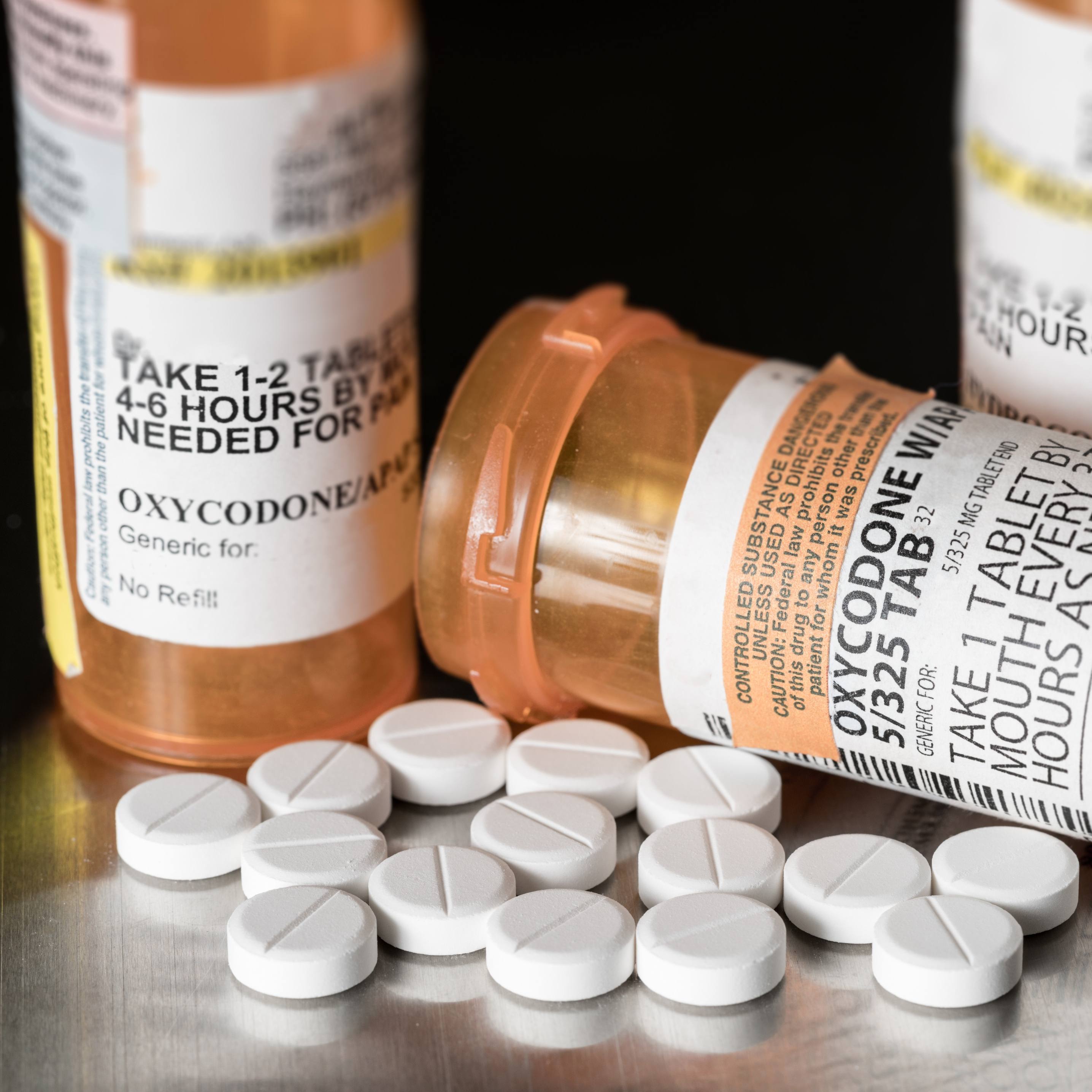That fruit juice in your refrigerator might not be as healthy as you think. Even when the label says 100% juice, there's reason to limit how much juice gets into your glass.
"I put fruit juice, if it's processed highly, in the same category as sugar-sweetened beverages," says Dr. Donald Hensrud, medical director of the Mayo Clinic Healthy Living Program.
Journalists: Broadcast-quality video (1:00) is in the downloads at the end of this post. Please "Courtesy: Mayo Clinic News Network." Read the script.
Dr. Hensrud says young children should drink no more than 6 ounces of juice a day and older kids, just 8 ounces.
"That doesn't seem like a lot, but there is a reason for that," he adds.
The reason is concentrated, sugary calories that come in every serving.
"Even though something contains 100% fruit juice, it may be very processed and refined," explains Dr. Hensrud. "So what ends up in the glass is not what came from the fruit itself. For example, apple juice: It's processed very highly, and it's basically sugar water without a lot of nutrients."
Dr. Hensrud says orange juice with pulp offers a bit more nutrients, but eating an orange and drinking a glass of water is a healthier plan.
"It seems like we’re doing our children a favor by giving them fruit juice, says Dr. Hensrud. "In general, though, we need to limit all sources of juice because they're extra calories."







